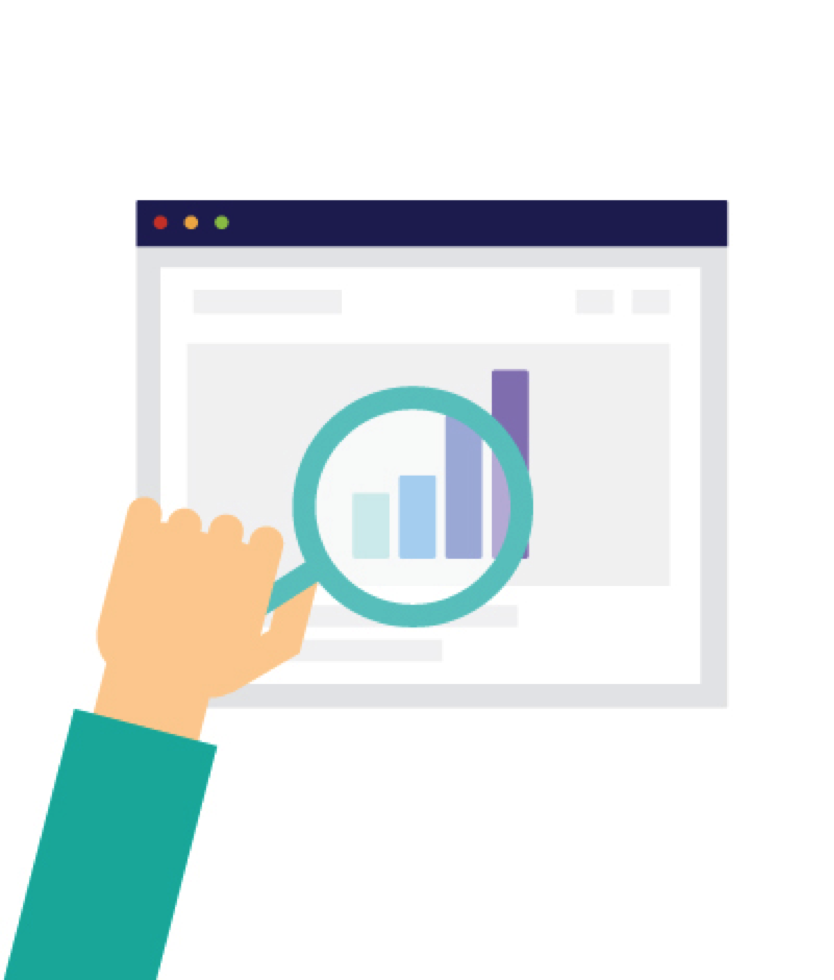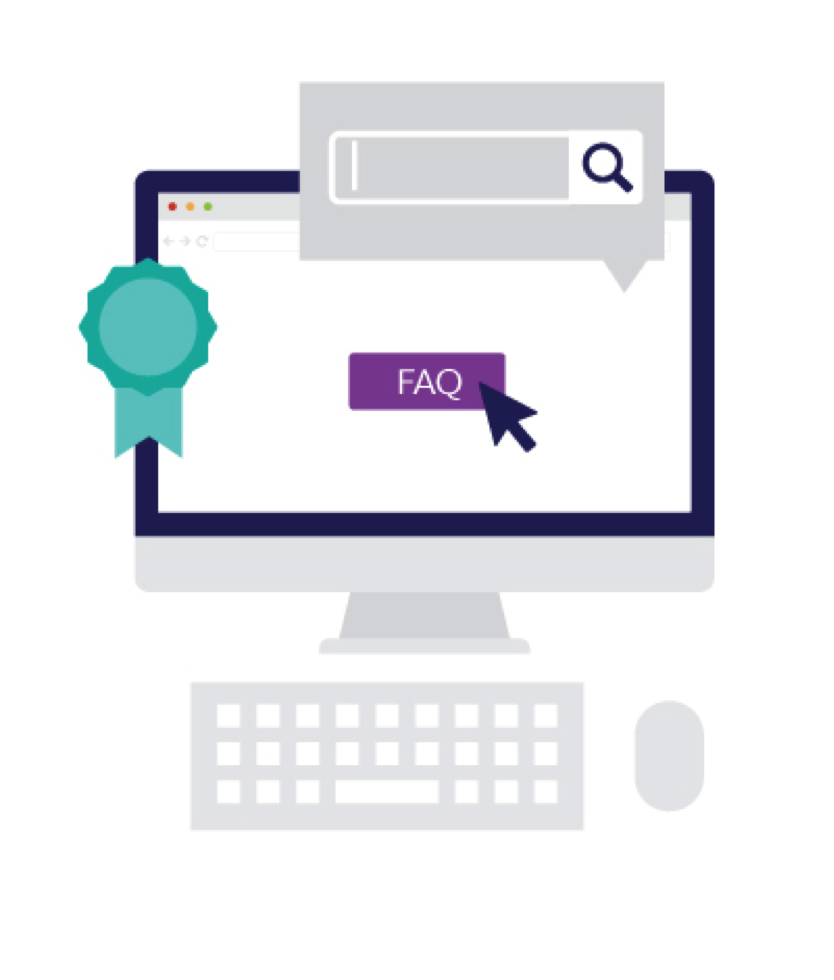sales representative software
What Is Sales Representative Software and How Does It Work?

5 Handy Functions of CRM

The idea behind CRM, is to help manage customer relationships. With features ranging from a little more than a sophisticated address book to platforms that update apps and run email and social media campaigns, there is an option for everyone. Here are five of the most common uses of many CRM programs:
1. Manage customer contacts, record sales, pinpoint opportunities and provide data for operations
The most minimal CRM programs keep track of customers and potential customers,along with their responses, and conversations with your sales force. Without a proper program, managing campaigns, leads, sales, and service can be cumbersome.
As a program for recording contacts and tracking results, CRM software allows sales reps to keep detailed records of customers and potential customers and pinpoint opportunities for follow-up. One basic sales representative software solution, SalesforceIQ, allows you to view your email inbox on any mobile device, ensuring you have the information you need when you need it, whether it be in or out of the office.
Understanding existing customer needs is another advantage of sales representative software. Anticipating the needs of current customers and upselling products or services, CRM software helps you achieve all of your business goals. Often, customers may not be aware of all your products and services. This software can help identify current customers who may benefit from additional offerings from your company. Keeping in contact with existing customers also allows businesses to preserve--and, in many cases, increase--income from current clients.
2. Manage campaigns and referrals
A more advanced CRM software allows for managing campaigns and tracking responses. In order for sales teams to follow-up on leads and track trends, these programs are key in providing data. Having your CRM integrated with leads from your email marketing and social media campaigns is a huge time-saver, translating into increased revenues and decreased costs.
3. Build best business practices
Sales software also helps businesses recognise best practices. “CRM...helps identify star performers,” writes Eric Felipe-Barkin in CRM Magazine. “If you have a sales team that is outpacing others or a particular agent with stellar numbers, you can identify them and build best practices around their work.” With data, your business can identify effective practices and integrate them across the company. Data gained through salesforce software allows management to track trends, predict sales, and identify successful practices.
4. Set target goals
Many CRM software programs allow users to set and track sales goals. These types of programs allow you to visualise your progress, which is proven to be a motivator in sales.
Using the data gained from sales leads software allows sales reps and companies to better evaluate performance. Analysing this data helps companies to see where improvements can be made in contacting leads and current customers. This software can also help sales reps and companies identify successful strategies and campaigns.
5. Provide essential data in business analysis
A good CRM program will easily integrate the company’s sales data and streamline the management of the entire organisation. Some CRM software, such as Salesforce, even allows for real-time data. This becomes essential for your entire sales pipeline and organisation. This allows you to directly link your sales forecasts to budgeting, purchasing, inventory and hiring. Knowing how customers and potential customers respond is essential information for management.
Programs on the market range from basic data management to entire platforms that track interactions with contacts and clients, create action items, integrate social media, coordinate email campaigns, and provide data for the entire company to optimise sales.
What Makes the Best Sales Representative Software System for You?

With that said, not all sales software is created equal. With so many sales management programs out there, it’s important to choose a CRM system with your company’s best practices in mind. Here are some questions to consider when choosing a software:
- Does your sales management software justify the cost?
Choosing the right system to efficiently manage your business allows you to focus on what’s important: Sales. Maybe your business doesn’t need all the fancy bells and whistles of on-premises sales management software with user licenses. A good starting-point would most likely be a web-based program, something like SalesforceIQ, that allows users to run out of their inbox.
However, if your sales representative software is too basic, your business may be missing out on key opportunities. For example, you may want the ability to run multiple campaigns, track detailed customer information and interactions, make comparisons, and set individual and company sales goals.
Your sales software should have the features your business needs and be industry-specific in order to meet your specific requirements. - Is your CRM software relevant to your industry?
As mentioned previously, there are hundreds of options in sales software. Since your business is different from most of the other businesses out there, it doesn’t make sense that your CRM should be a one-size-fits-all solution. After all, the sales pipeline is the lifeblood of your business. The more applicable your sales management software is, the more efficient your sales can be. - Is your CRM software easy to update?
Purchasing Software as a Service (SaaS) allows for a subscription, where customers pay less money upfront.The advantage to having this software in the “cloud” is the ability to easily update online sales management software. Some systems may also have the ability to customise, an example of this is Salesforce which has an open source app exchange so users to easily adapt their software to fit their needs.
As your demands change, your sales management software should be easily adaptable and accessible from a number of devices. - Is your sales software available across devices?
Sales and customer data should be available across every device. It’s not always effective to pull out your laptop to update customer contacts. Easily connect with any device synced to your email, SalesforceIQ, is an excellent choice in CRM software. Look for a program that allows real-time data across cell phones and tablets, as well as your desk PC or Mac. - Does your sales management software allow for easily read data?
Look for CRM software that provides easily-read charts and graphs to allow your team to identify leads, pinpoint required actions and inform operations. Most CRM programs now offer charts and graphs to provide visual tracking of sales performance and goals. Another tremendous advantage of cloud-based software is the ability to access data across devices. - Does your CRM software give real-time data?
Available through a license or subscription cloud-based CRMs allow for real-time data accessibility to your entire organisation. While on-premises software suffers from delays in displaying up to date data reports for the company, online sales management software has the ability to provide your business with instant accurate data when you need it. - Is your software useful to more than just the sales team?
An important feature of CRM software is harnessing the knowledge of all of your teams. A robust tool that shares contact information, follow-up calls, and service information with everyone from customer service and support to upper management. This allows decisions to be made about management and product development based on the knowledge of sales and customer experiences. In short, with CRM, you can track and manage your sales pipeline. This, in turn, affects every other aspect of your business. This software is the key to integrating sales and business practices. If used correctly, a sales software system can inform every part of the sales cycle, from campaign management and lead generation to purchasing and hiring.
Look for a product that can inform not only sales practices but also research and development, operations, customer service, and management.
CRM Is Not Just a Software Program. It’s a Business Paradigm.
CRM software should be considered a business strategy. Smart companies never forget their customers are their source of revenue. By using software to track customer needs and responses and efficiently responding to those needs, companies can keep the relationship with the customer their highest priority.
Because every sale is a team sale, your sales solution isn’t just for sales reps. In truth, your entire team will determine a successful implementation. Salesforce research shows that high sales performers are nearly three times more likely than underperformers to views sales as 100% the responsibility of the entire organisation. That means if everyone in the organisation views their role in terms of how they affect the customer, the company as a whole will experience greater success.
CRM software is the best choice to keep track of the most important person in the company: The customer.


